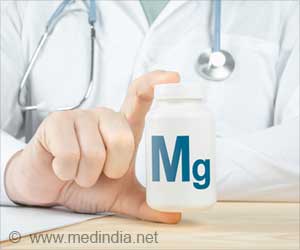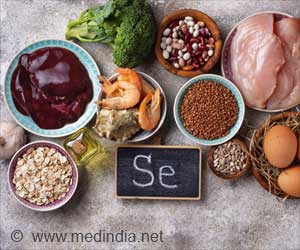A protein-based gel developed at ETH Zurich efficiently metabolizes alcohol in the gastrointestinal tract, potentially reducing its harmful effects.
- Protein gel converts alcohol into harmless acetic acid before it enters the bloodstream
- Significantly reduces blood alcohol levels and mitigates liver damage in mice studies
- Promises a preventive measure against alcohol-related health complications
Single-site iron-anchored amyloid hydrogels as catalytic platforms for alcohol detoxification
Go to source).
Development of the Protein Gel Pack for Alcohol Metabolism
The gel, developed by researchers at ETH Zurich's Laboratory of Food & Soft Materials, is primarily composed of whey proteins, iron, and gold nanoparticles. Whey proteins undergo a process of fibrillation followed by cross-linking to form a gel matrix. Iron atoms, distributed evenly on the fibril surface, act as catalysts for alcohol metabolism. Glucose and gold nanoparticles trigger the production of hydrogen peroxide, essential for alcohol breakdown. The gel facilitates a multi-stage cascade of enzymatic reactions, ultimately converting alcohol into harmless acetic acid.This Protein Gel Slashes Blood Alcohol Levels by 40%. Is the Party Over for Hangovers? #gelpack #alcohol #alcoholmetabolism’
Did You Know?
Over 3 million people die annually due to excessive alcohol consumption.
Millions Die from Alcohol Each Year. This Protein Gel Might Change That
While the gel shows promising results in animal studies, further clinical trials are warranted to assess its safety and efficacy in human subjects. The researchers have already applied for a patent, indicating their commitment to translating this innovation into practical applications. Upon regulatory approval, the gel could revolutionize alcohol consumption practices, offering a safer alternative for individuals who choose to drink alcohol occasionally without compromising their health.The development of a protein-based gel for alcohol metabolism represents a significant advancement in the field of preventive medicine. By shifting the site of alcohol metabolism from the liver to the gastrointestinal tract, this innovative approach offers a targeted solution to mitigate the harmful effects of alcohol consumption. With further research and clinical validation, the gel holds the potential to alleviate the burden of alcohol-related diseases and improve public health outcomes globally.
Reference:
- Single-site iron-anchored amyloid hydrogels as catalytic platforms for alcohol detoxification - (https://pubmed.ncbi.nlm.nih.gov/38740933/)
Source-Medindia










